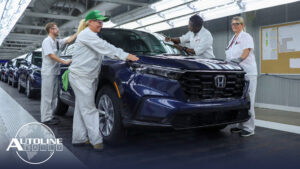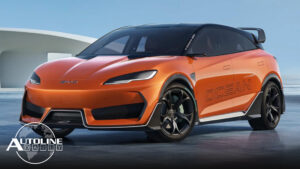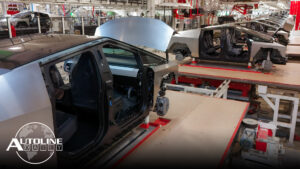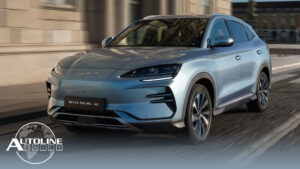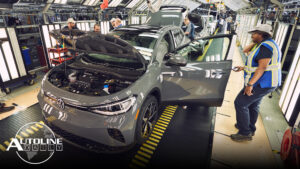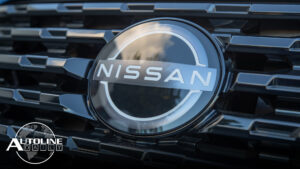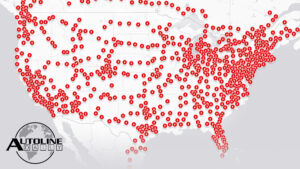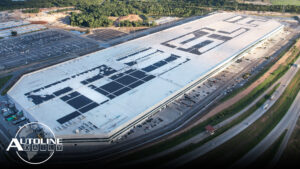
Autoline Daily
Get an inside look at the global auto business with Autoline Daily. From the morning’s top news to in-depth industry analysis, Autoline Daily covers the auto beat like no other media. Available every weekday, it’s your outlet for the latest industry buzz.
AD #3799 – Ram’s New RHO Performance Truck; Honda Reveals Two New EVs In China; U.S. April Sales Expected to Dip
April 26, 2024
Listen to “AD #3799 – Ram's New RHO Performance Truck; Honda Reveals Two New EVs In China; U.S. April...
AD #3798 – CATL Improves LFP Batteries; BYD Going After Europe’s Hot Hatches?; Hyundai Boosts Production in India
April 25, 2024
Listen to “AD #3798 – CATL Improves LFP Batteries; BYD Going After Europe's Hot Hatches?; Hyundai...
AD #3797 – Tesla’s Stock Up Despite Q1 Earnings Drop; Mercedes Reveals All-Electric G-Class; Subaru Axes Legacy from Lineup
April 24, 2024
Listen to “AD #3797 – Tesla’s Stock Up Despite Q1 Earnings Drop; Mercedes Reveals All-Electric G-Class;...
AD #3796 – Most Americans Open to Chinese EVs; Tesla Has Lowest Repair Costs; Kia Reveals All-New Global Pickup
April 23, 2024
Listen to “AD #3796 – Most Americans Open to Chinese EVs; Tesla Has Lowest Repair Costs; Kia Reveals...
AD #3795 – VW Workers Vote to Join UAW; Tesla Slashes Model 3, Y & FSD Prices; BYD Names New Pickup the Shark
April 22, 2024
Listen to “AD #3795 – VW Workers Vote to Join UAW; Tesla Slashes Model 3, Y and FSD Prices; BYD...
AD #3794 – Nissan Cuts Sales & Profit Forecast; Republican States Sue EPA Over Emissions Rules; Toyota Highlander Going All-Electric
April 19, 2024
Listen to “AD #3794 – Nissan Cuts Sales and Profit Forecast; Republican States Sue EPA Over Emissions...
AD #3793 – U.S. Fast Charging Network Growing Fast; Mexico Facing U.S. Pressure Over Chinese EVs; New Toyota Camry Goes Hybrid Only
April 18, 2024
Listen to “AD #3793 – U.S. Fast Charging Network Growing Fast; Mexico Facing U.S. Pressure Over Chinese...
AD #3792 – Tesla Market Cap Drops Below $500 Billion; GM Launches PHEVs In China; Boston Dynamics Unveils New Humanoid Robot
April 17, 2024
Listen to “AD #3792 – Tesla Market Cap Drops Below $500 Billion; GM Launches PHEVs In China; Boston...




